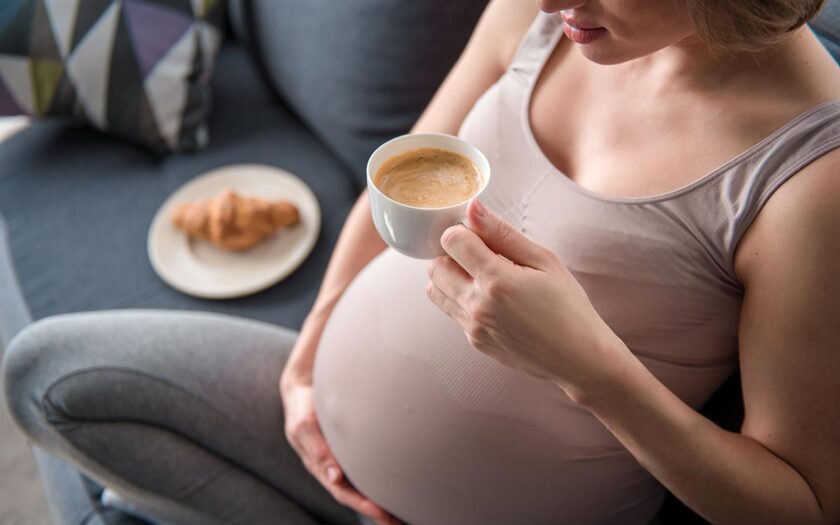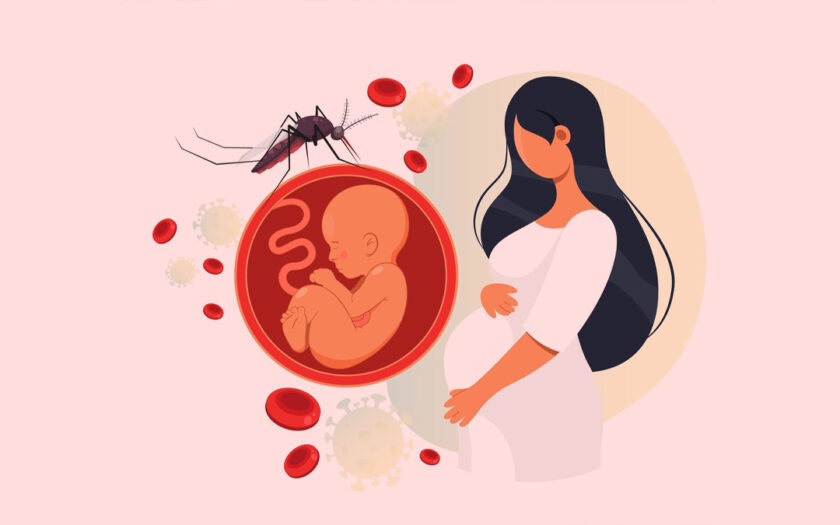The debate surrounding the benefits and potential harms of coffee consumption during pregnancy is a topic of ongoing discussion among healthcare professionals and researchers. While some studies suggest that moderate caffeine intake, typically equivalent to one or two cups of coffee per day, may not pose significant risks to pregnant women or their babies, others caution against its consumption due to its potential association with adverse outcomes such as miscarriage, low birth weight, and preterm birth.
Factors such as individual tolerance to caffeine, overall dietary habits, and the specific timing and quantity of consumption further complicate the issue. As a result, pregnant women are often advised to consult with their healthcare providers to make informed decisions about their caffeine intake during pregnancy, weighing the potential risks against the perceived benefits.
Benefits of coffee for pregnant women
Coffee consumption during pregnancy is a topic that has been debated among healthcare professionals for years. While moderate coffee intake is generally considered safe during pregnancy, it’s crucial to understand both the potential benefits and risks:
- source of Antioxidants. Coffee contains significant amounts of antioxidants, such as chlorogenic acid and caffeic acid, which can help neutralize free radicals in the body. Antioxidants are essential for overall health and may support the immune system;
- increased Alertness. The caffeine in coffee can help pregnant women combat fatigue and stay alert, especially during the early stages of pregnancy when fatigue is common;
- improved Cognitive Function. Moderate caffeine consumption has been associated with improved cognitive function, including enhanced memory and concentration, which can be beneficial for pregnant women who may experience cognitive changes during pregnancy;
- potential Reduced Risk of Gestational Diabetes. Some studies suggest that moderate coffee consumption may be associated with a lower risk of gestational diabetes. However, more research is needed to confirm this association;
- reduced Risk of Depression. Some research suggests that moderate coffee consumption may be associated with a lower risk of depression in pregnant women. However, excessive caffeine intake can have the opposite effect and may increase the risk of anxiety and depression.
Caffeine can provide relief from headaches, including tension headaches and migraines, which are common during pregnancy. However, pregnant women should be cautious not to exceed recommended caffeine limits.
Harm of coffee for pregnant women
While moderate coffee consumption during pregnancy may offer some benefits, it’s crucial for pregnant women to be aware of the potential harms associated with caffeine intake:
- increased Risk of Miscarriage. High caffeine intake during pregnancy has been associated with an increased risk of miscarriage in some studies. Therefore, pregnant women are advised to limit their caffeine intake to moderate levels to reduce this risk;
- risk of Low Birth Weight. Excessive caffeine consumption during pregnancy has been linked to an increased risk of delivering a baby with low birth weight. Babies born with low birth weight may have an increased risk of health complications both in the short term and long term;
- impact on Fetal Development. High caffeine intake during pregnancy may affect fetal development and increase the risk of certain complications, such as preterm birth and developmental issues. Caffeine can cross the placenta and reach the fetus, potentially affecting its development;
- interference with Nutrient Absorption. Caffeine can interfere with the absorption of certain nutrients, such as iron and calcium, which are essential for a healthy pregnancy. Pregnant women should ensure they are getting an adequate intake of these nutrients from other sources;
- increased Heart Rate and Blood Pressure. Caffeine can temporarily increase heart rate and blood pressure. While this effect is usually mild in adults, it may have a more pronounced impact on pregnant women and their developing babies;
- sleep Disturbances. Excessive caffeine consumption can lead to sleep disturbances, including difficulty falling asleep and staying asleep. Adequate sleep is essential for both maternal health and fetal development during pregnancy;
- risk of Withdrawal Symptoms in Newborns. If a pregnant woman consumes large amounts of caffeine regularly throughout pregnancy, the newborn may experience withdrawal symptoms, such as irritability and jitteriness, after birth;
- increased Risk of Anxiety and Depression. High caffeine intake during pregnancy has been associated with an increased risk of anxiety and depression in some studies. Pregnant women should be mindful of their caffeine intake to reduce the risk of these mental health issues;
- dehydration. Caffeine is a diuretic, which means it can increase urine production and potentially lead to dehydration if adequate fluids are not consumed alongside caffeinated beverages.
Overall, while moderate coffee consumption during pregnancy may be considered safe for most women, it’s essential for pregnant women to discuss their caffeine intake with their healthcare provider and adhere to recommended guidelines to minimize potential harms to themselves and their developing babies.
How much coffee can pregnant women drink?
The amount of coffee that pregnant women can safely consume varies depending on individual factors such as overall health, tolerance to caffeine, and any preexisting medical conditions. However, many healthcare professionals recommend limiting caffeine intake during pregnancy to moderate levels. The American College of Obstetricians and Gynecologists (ACOG) suggests that pregnant women consume less than 200 milligrams of caffeine per day, which is roughly equivalent to one 12-ounce cup of brewed coffee. Here are some general guidelines for caffeine intake during pregnancy:
- Limit Total Caffeine Intake. In addition to coffee, caffeine is found in other sources such as tea, soda, energy drinks, and chocolate. Pregnant women should consider their total caffeine intake from all sources and ensure it does not exceed recommended limits.
- Be Mindful of Caffeine Content. The caffeine content in coffee can vary widely depending on factors such as the type of coffee bean, brewing method, and serving size. It’s essential to be mindful of portion sizes and choose beverages with lower caffeine content when possible.
- Consider Decaffeinated Options. Opting for decaffeinated coffee or other beverages can help reduce overall caffeine intake while still enjoying the taste and experience of coffee.
- Monitor Individual Tolerance. Some women may be more sensitive to caffeine during pregnancy and may need to further reduce their intake to avoid adverse effects such as insomnia, increased heart rate, or anxiety.
- Consult with Healthcare Provider. Pregnant women should discuss their caffeine intake with their healthcare provider to determine what level of consumption is safe for them based on their individual circumstances and medical history.
It’s important to note that caffeine is not only found in coffee but also in various other food and beverage products. Pregnant women should carefully read labels and be aware of hidden sources of caffeine in their diet to ensure they stay within recommended limits. Ultimately, moderation is key, and pregnant women should prioritize their health and the health of their baby by making informed choices about caffeine consumption during pregnancy.



